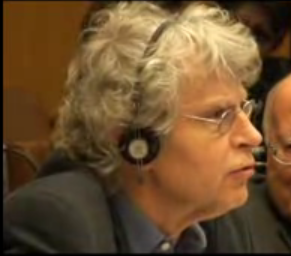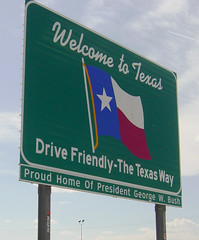This week several mainstream headlines quoted “experts” who pointed to signs of economic recovery on the horizon. I think they were referring to Europe, but if you search the news, you’ll find other experts pointing out signs of the same for Japan and the United States. Of course after experts say such things they add the caveat: but there is still a lot of uncertainty.
 As I ride through the streets of Amsterdam and my neighborhood, the young yuppie mecca known as the Oud West, I see “for sale” signs everywhere. Most of those signs have been hanging there for most of this year. As I drive the Red August around the canals of Amsterdam, I see more “for sale” signs on house boats then I’ve ever seen before as well. Some disappear in a few weeks, some linger and have become part of the scenery.
As I ride through the streets of Amsterdam and my neighborhood, the young yuppie mecca known as the Oud West, I see “for sale” signs everywhere. Most of those signs have been hanging there for most of this year. As I drive the Red August around the canals of Amsterdam, I see more “for sale” signs on house boats then I’ve ever seen before as well. Some disappear in a few weeks, some linger and have become part of the scenery.
Riding home from frisbee practice the other night I was chatting with a longtime friend who works as a freelance ICT person for the past few years. Talking about his business and how things have been, he pointed out that in the past few years he was always swamped with work, in many cases having to turn down jobs because he was too busy. In sharp contrast he described this year as one with hardly any work, for the first time in his freelance career he has had to approach businesses and potential customers in an attempt to convince them they could use his services.
Are so many people unemployed in the Netherlands? I suppose not as many as I’ve noticed back in Portugal or the United States. But what about all these freelancers and those of us who are employed part-time for the past few years, how do we factor in to the statistics in these troubled times. Beyond that, do any of us realize how much worse it can get?
Economic experts and government representatives can point to industrial output numbers and so-called investor confidence surveys to justify holding a “the economy is going to get better” press conference. But a walk down the street and a talk with your neighbors tells another story. Seems like everyone, from the big corporations who needed bail outs, to the banks who traded in fake money, to we the freelancers/consumers, thinks that we can have economic recovery but just doing things how we always did, not need to learn any lessons from the past. Looming social crisis? 25 million unemployed by next year? We don’t want to think about it.
 People around the world admire, hate, or giggle at what they think they know about drug policies in the Netherlands. But how much do they really know? To get beyond the tall tales and the half-baked explanation you’ll get from enthusiasts on both sides of the drug issue, it is important to not only look at the facts, but to hear real experience and analysis. Not to mention to learn the details of just what the political and social climate aims to do with the future of Dutch drug policy.
People around the world admire, hate, or giggle at what they think they know about drug policies in the Netherlands. But how much do they really know? To get beyond the tall tales and the half-baked explanation you’ll get from enthusiasts on both sides of the drug issue, it is important to not only look at the facts, but to hear real experience and analysis. Not to mention to learn the details of just what the political and social climate aims to do with the future of Dutch drug policy. As I ride through the streets of Amsterdam and my neighborhood, the young yuppie mecca known as the Oud West, I see “for sale” signs everywhere. Most of those signs have been hanging there for most of this year. As I drive the Red August around the canals of Amsterdam, I see more “for sale” signs on house boats then I’ve ever seen before as well. Some disappear in a few weeks, some linger and have become part of the scenery.
As I ride through the streets of Amsterdam and my neighborhood, the young yuppie mecca known as the Oud West, I see “for sale” signs everywhere. Most of those signs have been hanging there for most of this year. As I drive the Red August around the canals of Amsterdam, I see more “for sale” signs on house boats then I’ve ever seen before as well. Some disappear in a few weeks, some linger and have become part of the scenery. None of them were alive the last time Texas was located outside the borders of the US, but they’re demanding to go back to that status. They’re angry at the Obama administration, frustrated with the United States, and lately – they’ve managed to get a bit of national attention. They are the Texans calling for secession from the United States, and Forrest Wilder of the Texas Observer has been looking into who they are, the issues they’re concerned with, and just how far they might get.
None of them were alive the last time Texas was located outside the borders of the US, but they’re demanding to go back to that status. They’re angry at the Obama administration, frustrated with the United States, and lately – they’ve managed to get a bit of national attention. They are the Texans calling for secession from the United States, and Forrest Wilder of the Texas Observer has been looking into who they are, the issues they’re concerned with, and just how far they might get. My good friend John of
My good friend John of  A new
A new